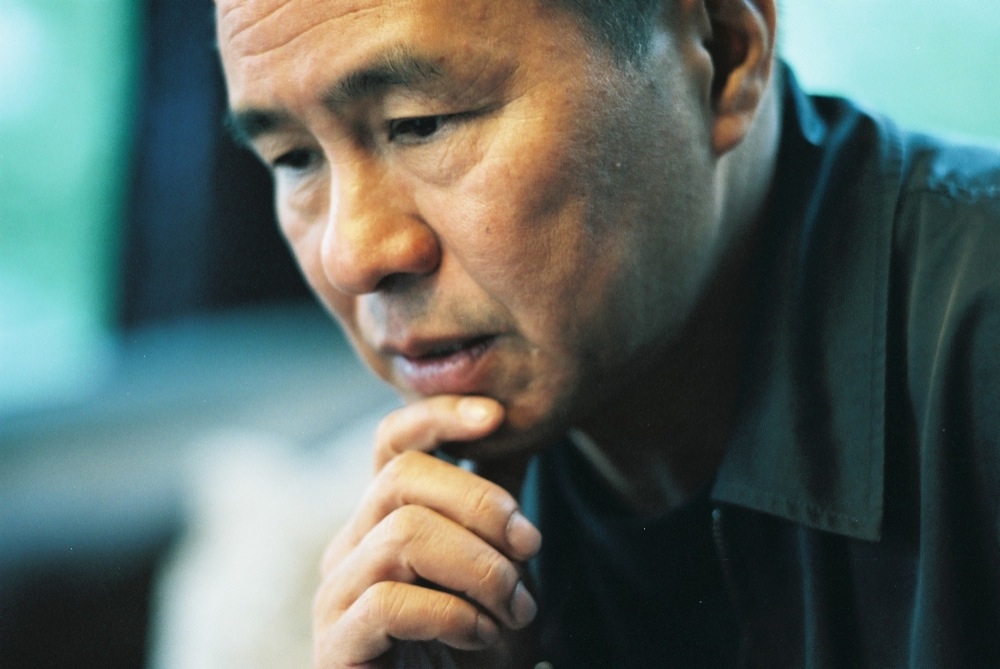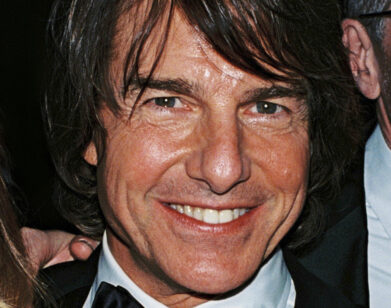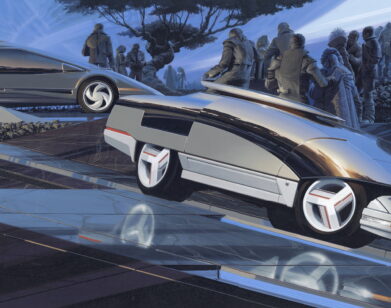The Auteur
As a child growing up in Taiwan following WWII and the Chinese Civil War, Hou Hsiao-Hsien went to see every new film he could. There were only three theaters in his area, and when he was very young, he would ask other theatergoers to bring him in with them. “I would pull on their shirts,” he recalls via a translator. As he got older, he sometimes used fake tickets.
When it comes to sources of inspiration for his own films, however, the 68-year-old director looks to the books, rather than the films, of his youth. “As I got older, I started reading more books,” he says. “I would read books before seeing the movies. I read The Godfather book before I saw The Godfather,” he continues. “It didn’t affect my viewing experience. I enjoyed both very much, though of the three films, I prefer Godfather I and II.”
There are certainly auteurs that Mr. Hou admires; he specifically cites Goddard, Fellini, Mikio Naruse, and Russian films of the ’20s, ’30s, and ’40s. “The most influential period in terms of cinema for me was around World War II,” he says. Today, he prefers to watch big-budget Hollywood movies: “It’s rare that I see something that blows me away.”
Mr. Hou’s most recent film, The Assassin, comes from a collection of traditional Tang Dynasty short stories he read while at college. “What I found really compelling was the fact that they are really short stories, but within these two to three pages, they are very modern in the way they describe the people of that dynasty,” he tells us. “You can look from a modern perspective and really see similarities.”
Set in the 9th century, The Assassin follows Nie Yinniang (Qi Shu), a trained killer who is sent back to her family home to murder Lord Tian Ji’an, her cousin, former betrothed, and the current governor of the Weibo province. Aesthetics, however, take precedence over story. The first few minutes, during which Yinniang is given her quest, are shot in black and white. Once in Weibo, however, Mr. Hou slips into sumptuous golden tones. The set designs are intricate: the director and his team focused on details such as the multipurpose use of furniture in the era and the way in which people interacted with one another (“In previous dynasties they sat a lot,” explains Mr. Hou. “In this one they are talking but standing.”). Fight scenes favor realism and precision over traditional wuxia stunts. “The assassin had a short knife and when you have a shorter span, you have to fight faster,” he says. “These were realistic decisions, which is why it’s not what you might think a wuxia film would be like—these long, floral, five-minute scenes.”
In May, The Assassin won Mr. Hou the “Best Director” prize at Cannes. It marked his second win (he won the Jury Prize for Xi meng ren sheng in 1993) and 10th nomination at the festival. This month, after screening at the New York Film Festival, the film is playing in select cinemas in the U.S. The director is pleased with his trajectory; if he could go back to his debut film in 1980, he would tell himself he was on the right track: “What you’re doing now is exactly what I’m doing as your future self.”
THE ASSASSIN IS OUT NOW IN LIMITED RELEASE.







